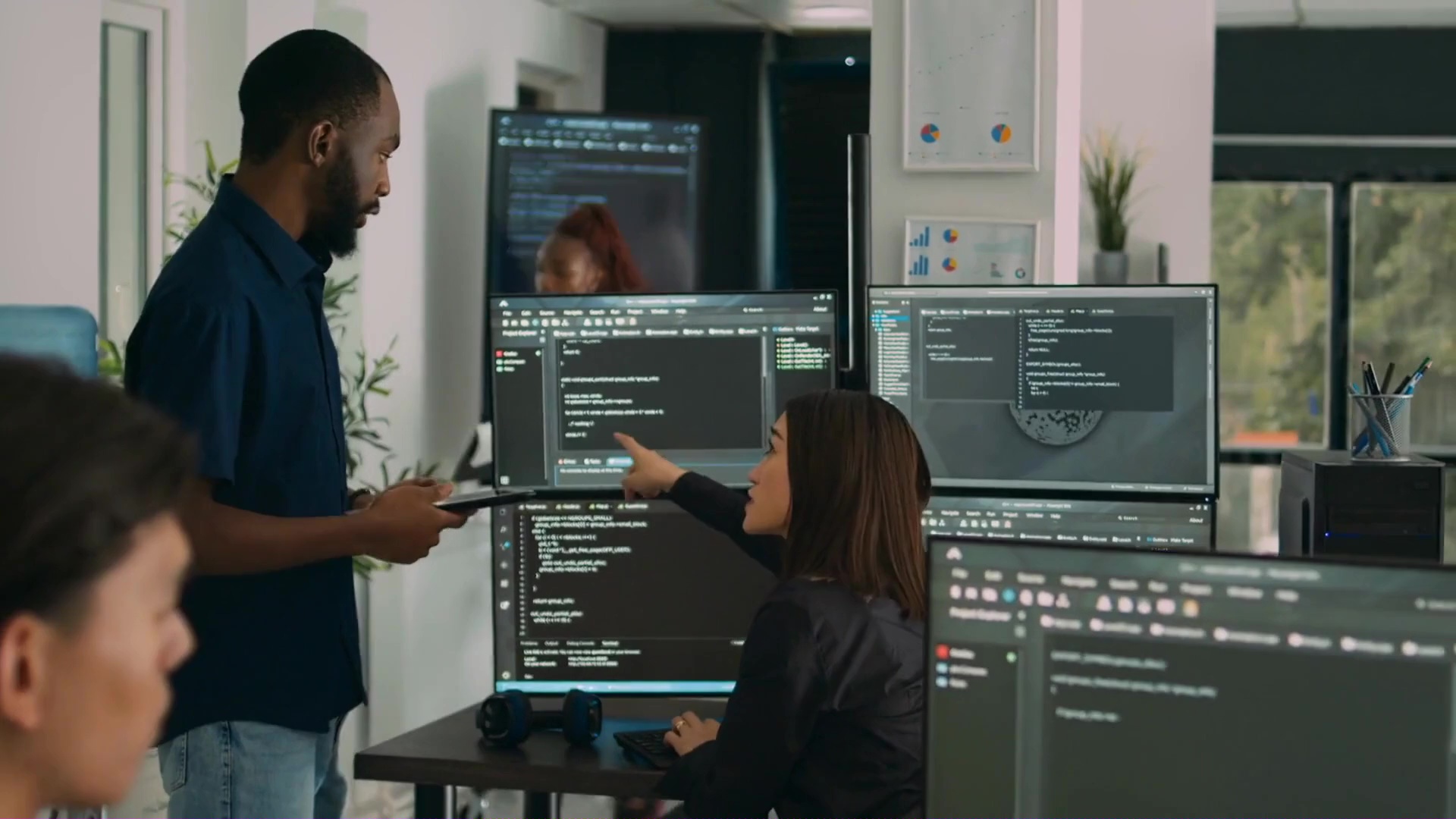BOULDER, COLORADO — Artificial Intelligence, or AI, can be used to write social media posts, create images and soundtracks for weekly announcements, and even generate a sermon outline. The challenge for the church is understanding how to harness the power of AI in a way that preserves the integrity of the gospel message.
It has been compared to the discovery of fire or the invention of the printing press. The World Economic Forum recently called it the steam engine of the fourth industrial revolution. What is this revolutionary technology? It’s artificial intelligence or AI, and it is capturing the imagination of nearly every business that makes up the information economy in the 21st century. And the Church is beginning to take notice.
Carl Romas:
So, it’s always constantly about how do we leverage this technology that God’s put in our midst.
Carl Romas is a pastor at Flatirons Community Church in Northern Colorado, and he’s begun to incorporate AI in his workflow.
Carl:
There’s a part of it that we yet don’t understand in the ability that’s going to give us to leverage the communication of the gospel. And I think as pastors and as ministry leaders begin to practice and play with it, really like anything else with any new piece of technology, you’ll get more comfortable with it.
Historically, the church has been interested in new communication technology as a means to an end. And that end, of course, is advancing the gospel. Scott Beck is the CEO and co-founder of Glue, a tech firm located in Boulder, Colorado, that is working hard to come up with answers that will give pastors and church leaders a reason to look more closely at the potential of AI.
Scott Beck – CEO of Gloo.us:
It’s all about advancing human flourishing at the end of the day. And that’s what pastors do, that’s what churches do, that’s what local ministries do. They care about people. Well, the AI, the technology can help become superpowers in their hands so that they can serve more people, they can help those people on the right next step in their growth journey.
AI tools like those provided by Church.Tech can be used to streamline the process of preparing sermons and other content for distribution on social media, or repackaging the content for small group applications. Another feature allows for revising a message for age-specific audiences.
Carl Romas – Gloo.us:
We can create specific questions for a sixth grader about stewardship, and then they get that text message, mom and dad get that text message, and now they’re in the car driving home or at lunch on a Sunday afternoon, and mom and dad can look down at their phone and ask their son or daughter a question that’s age appropriate that directly connects to the message that they both just heard together. So from a five-year-old all the way to my 72-year-old mom, we’ll all be able to engage on the content from the weekend really from their level. So it’s a fantastic opportunity that we have.
As artificial intelligence becomes part of our everyday lives and is integrated into our daily workflow, the church is asking important questions about how to use this new tool ethically and responsibly.
Carl:
The responsibility really does come down to the individual. And I think for us as church leaders, one of the things that we’re doing is monitoring. Like we monitor everything. So I think whether it’s the internet, whether it’s AI, we’ve got to always ask ourself, is the intention out of this righteous? And I think if you can come out yes, then I think God’s pleased with that.
Read more news on Christian Ministry on Missions Box.
Source: Global News Alliance, AI and the Church – Part Two
